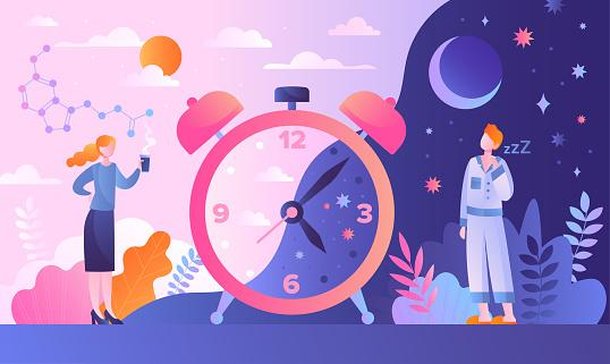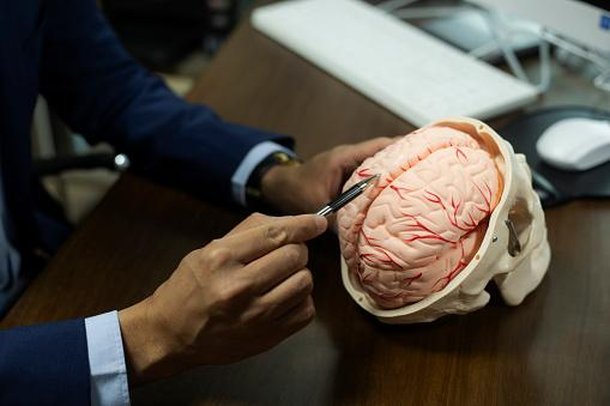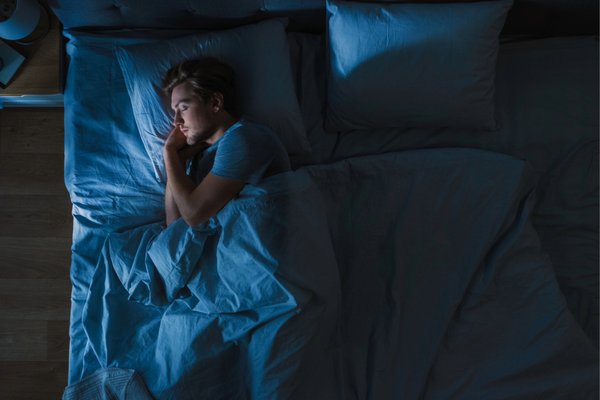Whether you're someone who trades days for nights or loves to sleep in whenever possible, the truth is that sleep is a basic human need that we should take seriously. However, we are the only species that seems to voluntarily give up this need, causing physical and mental problems to our health.
After all, it's not just about whether or not you feel rested, it's that there are an incredible amount of things going on in your body that require adequate sleep to continue functioning. With this in mind, we have broken down all the necessary information you should keep in mind about what science says about ideal sleep!
Respect the stages of sleep
(Source: Getty Images)
Before we talk about ideal sleep, we need to know what happens to our body when we are asleep. In general, sleep is divided into four stages, which are divided into two groups. Stages I, II and III are those that occur without REM and become progressively deeper. The fourth stage, in turn, is simply called rapid eye movement, or REM.
Each cycle through these phases takes approximately 90 to 110 minutes to complete, making a healthy average of 4 to 5 complete cycles per night. The first cycle will be dominated by non-REM sleep. As they progress, REM begins to expand. Hence, the amount of sleep needed varies from person to person, but almost everyone needs 7 to 9 hours of rest in a 24-hour cycle to live a healthy life.
But why do we want to sleep? The main structure responsible for sleep is the hypothalamus, which influences or is affected by almost every hormone-responsive system in the body. It controls things like body temperature, hunger, thirst, fatigue, emotions, growth, salt and water balance, and the circadian rhythm involved in sleep.
Effect of circadian rhythm

The human circadian rhythm revolves around a 24-hour cycle, governed by how the hypothalamus interacts with light and dark cycles to regulate sleep. When light enters the eyes, nerve life is stimulated between the retina and the hypothalamus, signaling countless other parts of the body to begin releasing hormones that control the urge to wake up.
When it gets dark, our body signals the pineal gland to secrete a hormone called melatonin, which will make you feel less alert and more sleepy. Its levels remain high for about 12 hours, but after 9 hours they are almost imperceptible in the bloodstream. However, the artificial light that we have learned to live with in modern societies significantly reduces melatonin levels.
For this reason, experts are becoming increasingly concerned about the properties of modern sleep and are urgently urging people to reduce their consumption of artificial light near bedtime.
Risks of lack of sleep

As science has proven, overall brain health is affected by lack of sleep. At this time, the body naturally gets rid of waste through the lymphatic system. However, when we do not sleep properly, these residues are not eliminated and “wear away” our body from the inside out.
Given this, you should probably know that you are more likely to develop and die from dementia if you are chronically sleep deprived, with Alzheimer's disease being the most common form of dementia. As waste is eliminated, the brain's ability to function also decreases when you avoid closing your eyes. And if all this is not enough, heart attacks, obesity, strokes, cancer, diabetes and many other harms are on the list of those who do not sleep well.
With all this in mind, aim to get 7 to 9 hours of sleep at the right times to make your body function properly. Avoid screen time before bed or activities that make you nervous before bed. After all, when you put your head on the pillow, your only concern should be staying healthy.


